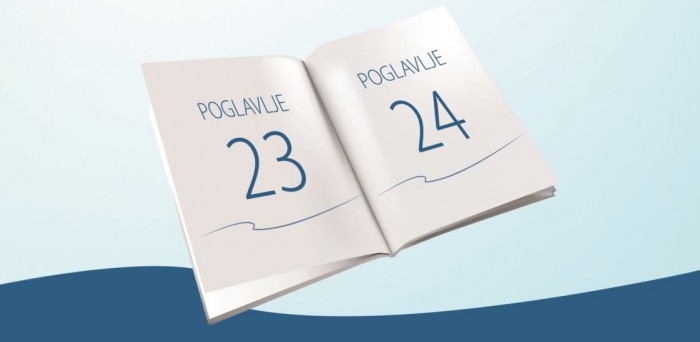The coalition prEUgovor has published new monitoring report on progress of Serbia in regard to the adherence to political criteria for EU membership and policies covered under chapters 23 and 24 of the negotiation process. The report covers period from November 2015 to April 2016, and besides the insight into the situation it offers a series of recommendations for improvement in these chapters.
Serbia officially started the negotiation process for its accession to European Union in January 2014, more than two years.
So far, only two negotiation chapters have been opened: 32 (Financial Control), 35 (Other Issues, which in Serbia’s case, refers to Belgrade-Pristina relations), thus she was invited to prepare negotiation positions for two other chapters: 14 (Transport Policy) and 21 (Trans-European Networks).
Negotiations on Chapter 23 (Judiciary and Fundamental Rights) and Chapter 24 (Justice, Freedom and Security), being of the most relevance for the following report, have yet to be opened, despite the facts that this was announced at the beginning of the negotiation process and that these chapters were the first to be opened during the latest round of EU enlargement. Finally, even though their opening has been scheduled for June 2016, this has also been called into doubt since Croatia, now an EU member state, recently raised reservations over certain issues covered by Chapter 23.
The Republic of Serbia prepared Action Plans for chapters 23 and 24, based on the recommendations of the Screening Reports for these two chapters. Action Plans are intended to be the key documents for their respective chapters throughout the negotiation process and, having been amended several times, European Commission (EC) finally adopted them. Subsequently, and in expectation that negotiations would be opened in the near future, the Republic of Serbia drafted negotiation positions for chapters 23 and 24, but the interested public could access only summaries thereof.
One of the major political developments in the first half of 2016 came in the shape of early parliamentary, provincial and local elections held on 24 April. The Serbian Progressive Party, the largest party of the ruling coalition, called early elections despite the stable government and stable parliamentary majority in order to, as it was explained, gain a full four-year mandate to carry out essential reforms and bring the country to the front gates of the EU.
This report focuses on the issues covered by chapters 23 and 24 most relevant to the preceding six-month period, such as the gender inequality or the fight against corruption. Additionally, in spite of the closure of the “Balkan Route” and the subsiding migration crisis in previous months, state must continue to pay great attention to this issue. In general, even though some progress in the mentioned areas has been noted, the Republic of Serbia will have to undertake substantial efforts in the forthcoming period in order to meet all the planned activities and measures listed in the Action Plans for chapters 23 and 24.
This publication is a part of the project financially supported by The Royal Norwegian Embassy in Belgrade (www.norveska.org.rs).
